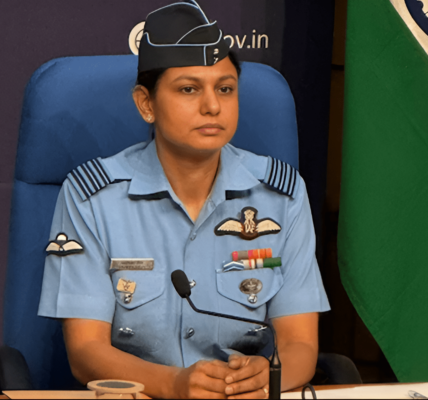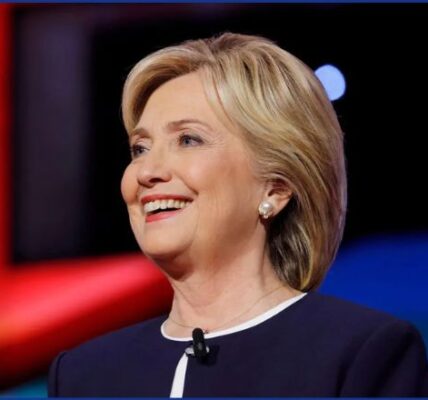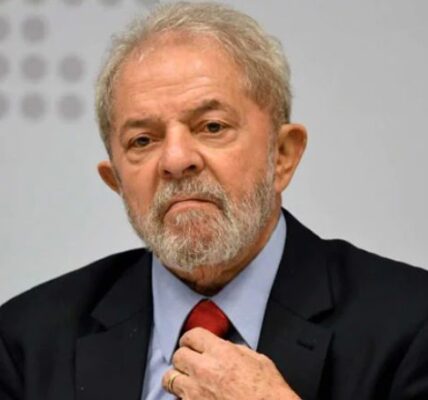
Raila Odinga is a Kenyan politician, businessman, and democracy advocate known for his role in shaping Kenya’s political landscape. Born on January 7, 1945, he served as Kenya’s Prime Minister from 2008 to 2013 and has been a leading opposition figure. He has contested multiple presidential elections and played a key role in constitutional and governance reforms.
Early Life and Education
Raila Amolo Odinga was born in Maseno, Nyanza Province, Kenya, to Jaramogi Oginga Odinga, Kenya’s first Vice President, and Mary Ajuma Odinga. He attended Kisumu Union Primary School before moving to Maranda High School for his secondary education.
In 1962, he traveled to East Germany for further studies, enrolling at the Technical University of Magdeburg (now Otto von Guericke University). He graduated in 1970 with a degree in Mechanical Engineering and Welding, which provided a foundation for his early career in business and academia.
Business and Early Career
After completing his studies, Raila returned to Kenya and worked as a lecturer at the University of Nairobi’s Mechanical Engineering Department. In 1971, he founded East African Spectre Limited, a company specializing in LPG gas cylinder manufacturing. His business success gave him financial independence, but his passion for democracy soon drew him into politics.
Political Career
Entry into Politics and Fight for Multi-Party Democracy
Raila Odinga became politically active in the 1980s, strongly opposing President Daniel arap Moi’s one-party rule. His activism led to multiple arrests and detentions.
- In 1982, he was arrested and detained for six years after being linked to a failed coup attempt.
- In 1988, he was re-arrested for advocating multi-party democracy and detained again in 1990.
- In 1991, he fled to Norway but returned in 1992 to contest elections under the Ford-Kenya party.
Key Political Milestones
Raila was elected as Member of Parliament for Lang’ata in 1992 under the Ford-Kenya party. In 1997, he contested the presidential election but later joined the ruling KANU party under President Moi. He served as Minister for Energy (2001-2002) and played a key role in breaking Moi’s political dominance by supporting Mwai Kibaki in 2002, leading to KANU’s downfall.
In 2005, he led a campaign against a proposed new constitution, further solidifying his influence. His stance led to his exit from government, and he later formed the Orange Democratic Movement (ODM), which remains a dominant political force in Kenya.
Prime Minister of Kenya (2008-2013)
After the disputed 2007 presidential election against Mwai Kibaki, Kenya experienced post-election violence. A power-sharing agreement brokered by Kofi Annan led to Raila’s appointment as Kenya’s second-ever Prime Minister.
During his tenure:
- He implemented major infrastructure projects and governance reforms.
- He played a key role in the passage of Kenya’s 2010 Constitution, introducing devolution and government restructuring.
- He promoted economic development and political stability, strengthening Kenya’s democratic institutions.
Presidential Campaigns (2013, 2017, 2022)
Raila Odinga has contested multiple presidential elections, often facing controversial outcomes.
- In 2013, he lost to Uhuru Kenyatta and unsuccessfully challenged the results in court.
- In 2017, he successfully petitioned the Supreme Court, leading to the first-ever annulment of a presidential election in Africa. However, he boycotted the rerun, citing lack of reforms.
- In 2022, he ran against William Ruto, lost narrowly, and later challenged the results in court.
Role in African Leadership
Beyond Kenya, Raila Odinga has played a major role in African leadership. From 2018 to 2023, he served as the African Union’s High Representative for Infrastructure Development, leading projects aimed at improving connectivity across Africa. He has also been involved in peace mediation efforts and governance reforms across the continent.
Honors and Achievements
Raila Odinga has received numerous awards and recognitions for his contributions to democracy and governance. He has been awarded honorary doctorates from various universities and has been recognized as one of Africa’s leading voices in democratic reforms. His efforts in constitutional changes, economic policies, and political activism have left a lasting impact on Kenya and beyond.
Personal Life
Raila Odinga is married to Ida Odinga, and they have four children: Fidel (deceased), Rosemary, Raila Jr., and Winnie Odinga. He has a deep passion for football, reading, and reggae music. Despite his active political life, he values family and tradition, emphasizing their role in shaping his leadership philosophy.
Raila Odinga’s Legacy
Raila Odinga remains one of Kenya’s most influential political figures. His contributions to democracy, constitutional reforms, and governance have shaped Kenya’s modern political landscape. Whether in government or opposition, he continues to advocate for justice, development, and African unity. His influence extends beyond politics, making him a symbol of resilience, reform, and visionary leadership in Kenya’s history.





